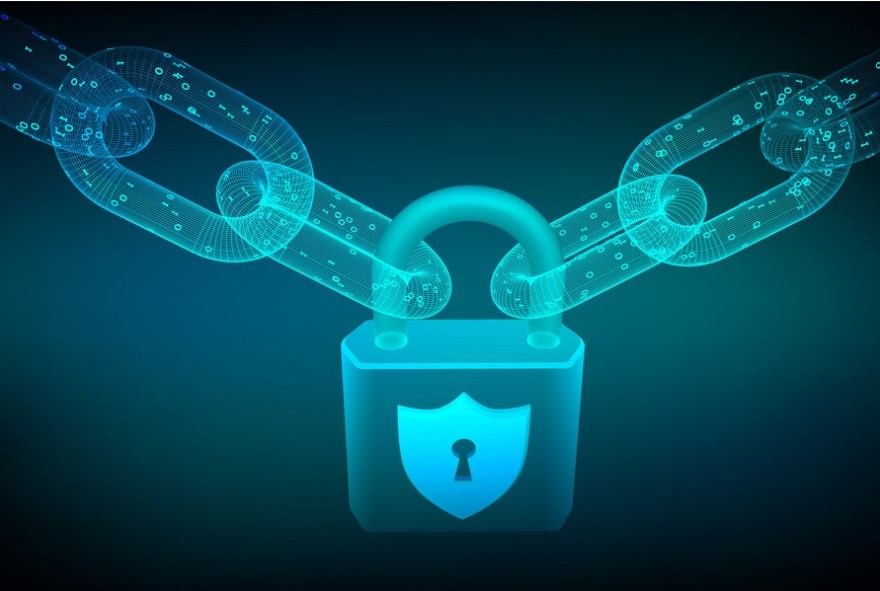We live in a world that is dominated by interconnected systems and digitization. In this world, the need for robust cybersecurity measures become important. Cyber threats these days are turning out to be highly sophisticated. So, traditional security techniques are not sufficient these days. The reason is that they are vulnerable to sophisticated cyber-attacks.
Let us get into the world of blockchain. This is a revolutionary technology that stays synonymous with cryptocurrencies. Also, this technology is emerging as a crucial partner in the realm of cybersecurity. In turn, it users in a fresh era of digital trust.
Blockchain – More Than Just Cryptocurrencies
Blockchain technology was originally devised for cryptocurrencies like Bitcoin. However, now this technology has gained popularity in a wide range of applications. It is being used in different sectors including finance. It is a distributed and decentralized ledger at its core. This technology records transactions across a network of PCs. Each block or transaction is associated with the previous block or transaction. In turn, a chain is created. Above all, it is resistant to tampering and cannot be muted.
Decentralization – To Redefine Security Paradigms
Traditionally cybersecurity systems depend on centralized servers. In turn, they are at a greater risk of the entire system failing when a single point is attacked by cyber attackers. This paradigm is disrupted by blockchain technology. This becomes possible as blockchain introduces decentralization.
In the blockchain network, data is not stored in a sole location. However, it is distributed across different nodes. The decentralized nature of this technology makes it inherently resilient to attackers, who target a central repository. In turn, it improves the overall security posture.
Improved Accountability and Transparency of Data
In the realm of cybersecurity, the transparent nature of blockchain functions as a double-edged sword. Apart from ensuring that all individuals in the network gain access to the same information, it also holds every participant accountable for what they do. In turn, it fosters trust among users.
In a blockchain network, any modifications to the ledger remain visible to all. In turn, the chances of malicious activities do not go unnoticed. This transparency apart from deterring potential attackers also enables quicker response to security incidents.
Automation of Security Protocols with Smart Contracts
Smart contracts are nothing but contracts that execute themselves when particular conditions are met. These conditions are written straight within the code. Smart contracts further improve the capabilities of blockchain in cybersecurity. These programmable contracts provide an extra layer of security. For instance, smart contracts can automate the verification of identity. Also, it can automate the authorization process or even trigger security responses as and when a threat is spotted.
Immutable Records: Foiling Tampering Attempts
The context of immutability is one of the most efficient features of blockchain. Once data is recorded on the blockchain, it becomes impossible to delete or even alter. Each block encompasses a unique cryptographic hash. Any attempt made to tamper with a block would need to make changes to the information in that block. It also happens in all following blocks across the whole network. This is a task that is infeasible computationally.
